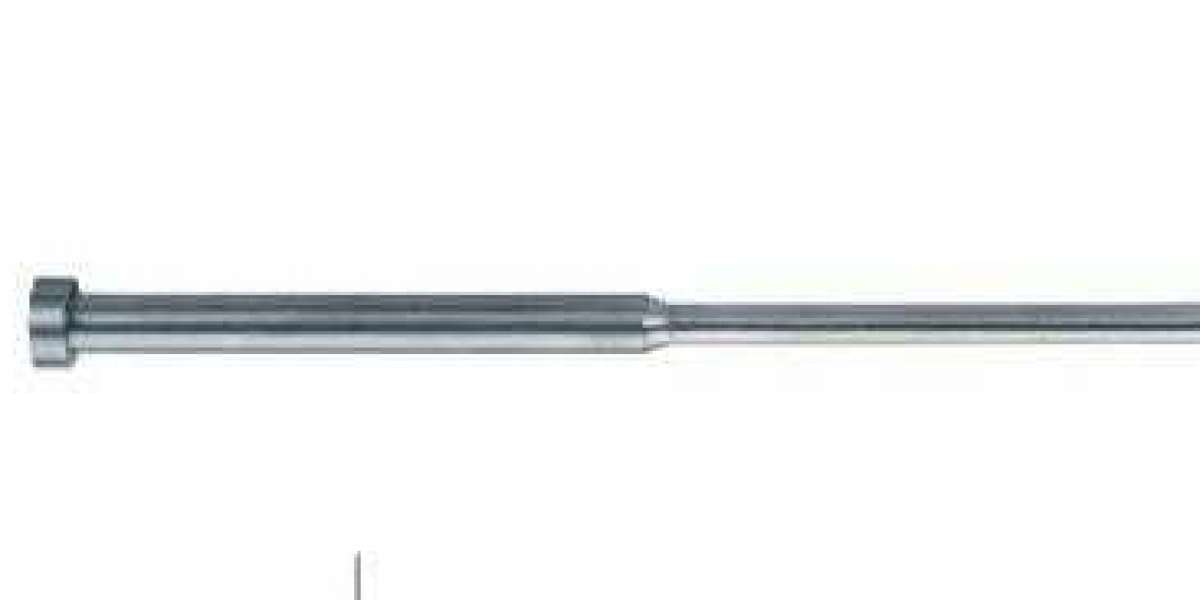An ejector pin is a long pin used in the injection molding industry to push the final molded product out of the mold. They are used to forcefully eject solid parts from the mold and are usually made of high-quality steel. They are also called knockout pins or KO pins. There are many kinds of thimbles, such as straight ejector pins, shoulder ejector pins, etc.
Typically, these pins extend and retract to force the part out of the cavity and are the cheapest means of ejection. The pins can leave marks, so they are generally only used after the part has cooled sufficiently to avoid deformation of the part. Thimbles come in a variety of sizes and shapes, such as round, beveled, straight, and cylindrical. They can be customized and precision engineered for the application. Important factors to consider when choosing pins are corrosion resistance, durability, tolerances, and tensile strength. It is important to select the correct type of ejector pin to efficiently produce parts in molding applications.
Hard pins are good general-purpose pins that are heat treated to make them uniform and hard across their diameter. They are commonly used in plastic injection molding. They are made of steel and can be used in forming environments below 400 degrees Fahrenheit (about 200 degrees Celsius).
Case hardened pins are nitrided H13 pins suitable for die casting. They can be used in temperatures above 400 degrees Fahrenheit (about 200 degrees Celsius) and are extremely durable. They are hard pins that can be drilled or tapped. They shatter easily compared to hard needles but have a longer life expectancy even at high temperatures.
Taizhou Huangyan Jinhong Plastic Mould Parts Co., Ltd. is an Injection mold maker from China, The company sells ejector sleeves, positioning components, mold parts, and other related products.







